China Makes Demands For U.S. Nuclear Weapons Policy Changes
China has demanded significant changes to U.S. nuclear weapons policy, a move coming after Beijing suspended arms control talks with Washington concerning Taiwan.
The Chinese Foreign Ministry has urged the U.S. to adopt a no-first-use policy and ditch its nuclear umbrella in Europe and Asia, sparking international debate and concerns.
The NPT Conference
On July 12, China submitted two working papers to the Preparatory Committee for the 2026 NPT Review Conference. These papers advocate for a no-first-use policy on nuclear weapons.
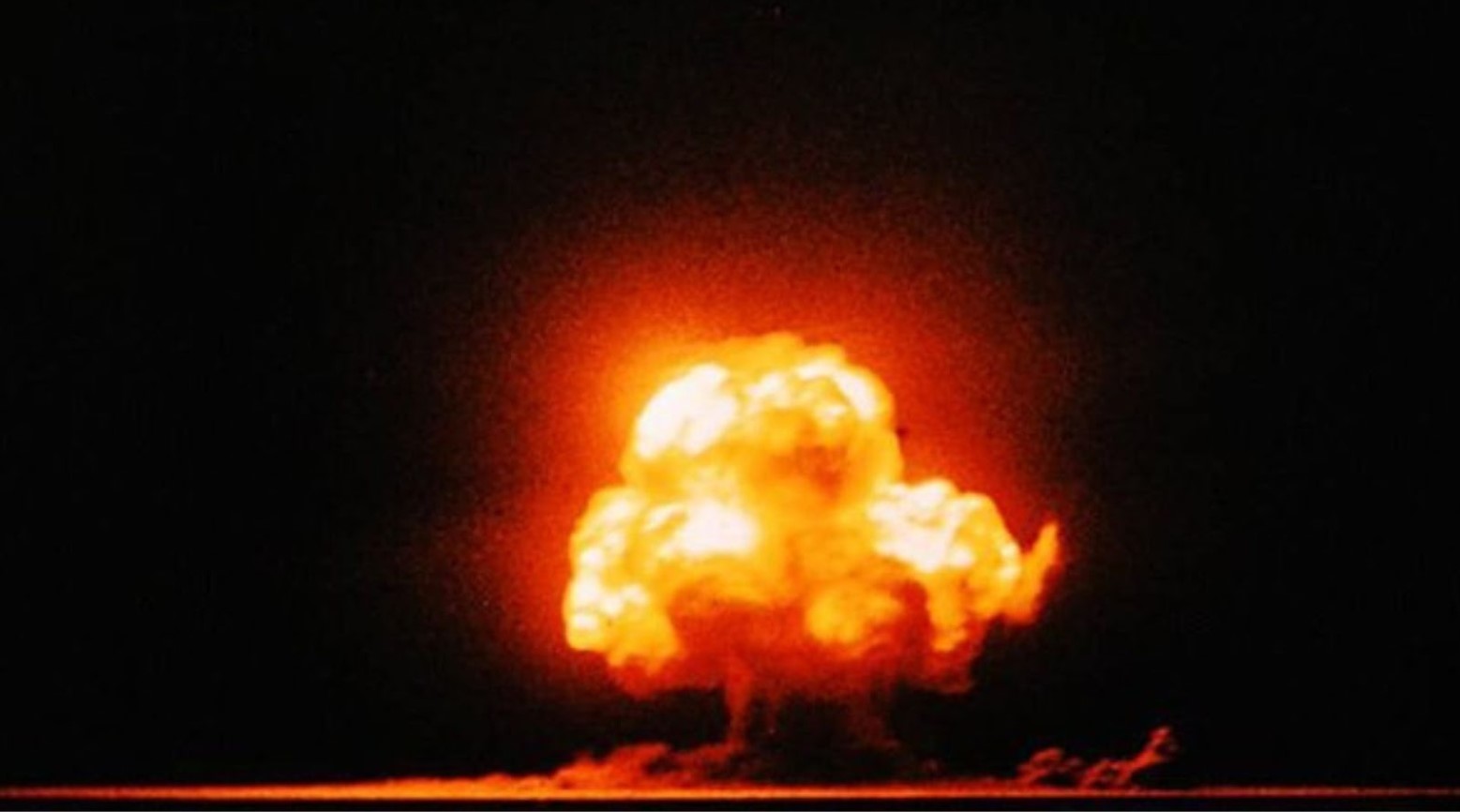
Source: Jack W. Aeby/Wikimedia Commons
China’s proposals aim to encourage the five nuclear-armed states to commit to not using nuclear weapons first, under any circumstances, so as to prevent nuclear war.
China's Justification
China’s working papers highlight that a nuclear war would bring “huge disasters” to humanity.

Source: Freepik
Despite advocating for disarmament, China includes a provision allowing withdrawal from the proposed treaty if “extraordinary events” jeopardize its supreme interests, which raises questions about the commitment to a no-first-use policy.
Transparency and Disarmament
The U.S. has called for greater transparency in nuclear arsenals. On July 12, Adam Scheinman, the U.S. special representative for nuclear nonproliferation, highlighted China’s nuclear expansion and reluctance to engage in arms control.
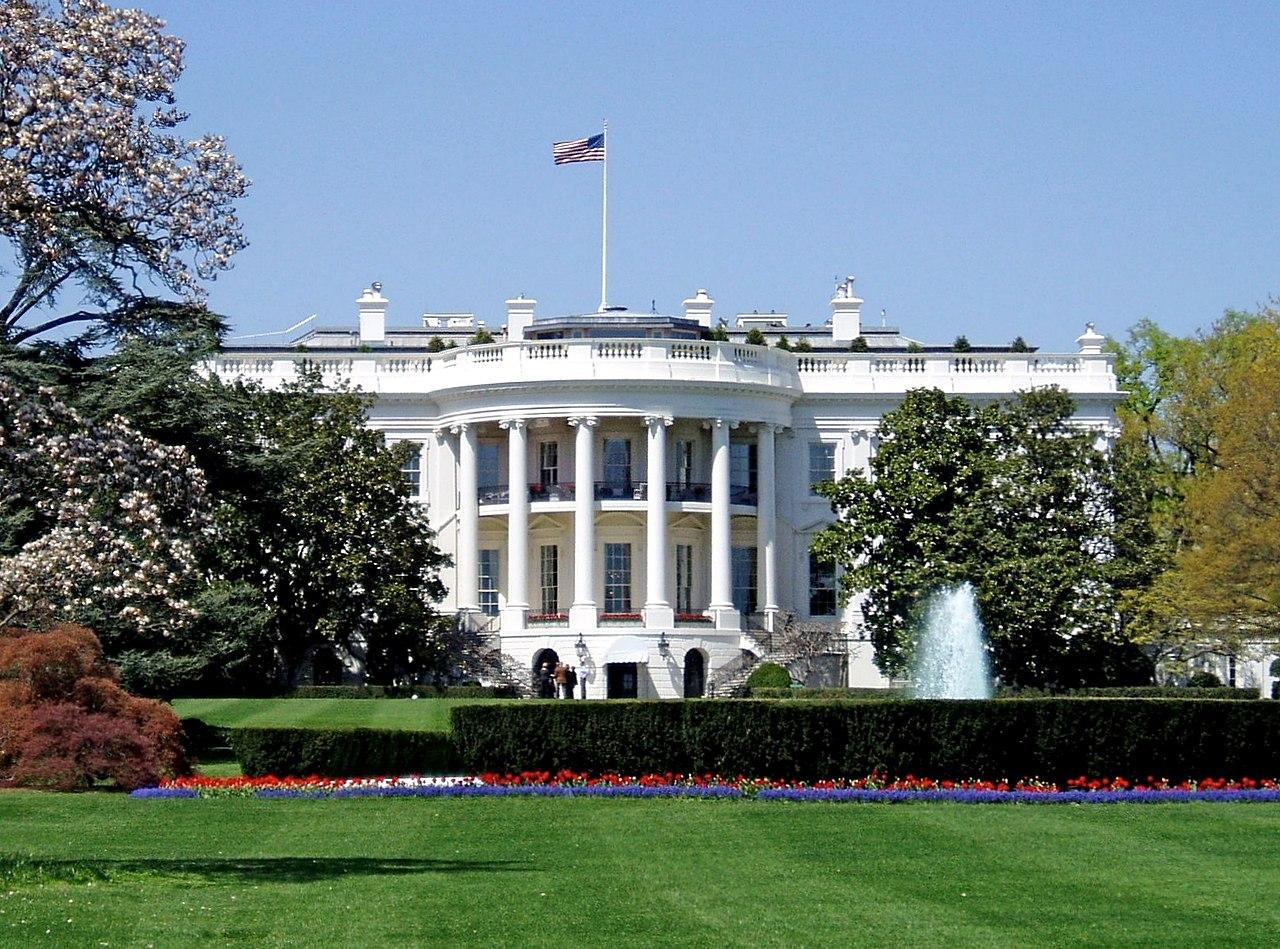
Source: Wikimedia
The U.S. recently declassified its nuclear stockpile information, emphasizing the need for openness in nonproliferation efforts.
The Taiwan Factor
China’s decision to suspend nuclear talks with the U.S. stems from American arms sales to Taiwan, considered a breakaway province by Beijing.
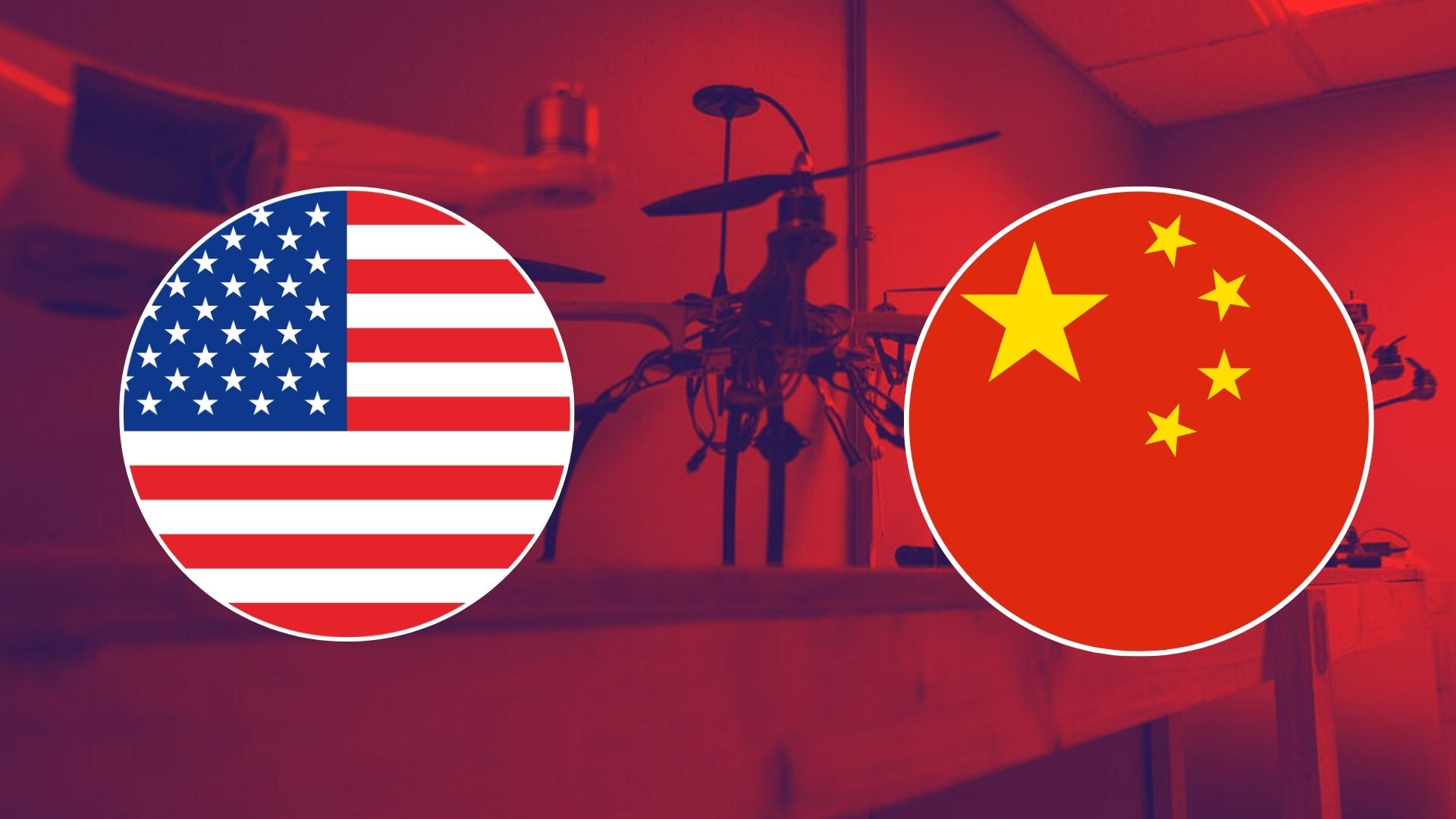
Source: Canva/Picryl
This action, taken on July 17, shows the tensions between the two countries over Taiwan, which the U.S. supports in its defense capabilities.
The Nuclear Umbrella
China’s second working paper criticizes the practice of nuclear sharing and extended deterrence. While not naming the U.S. explicitly, it is clear that Beijing refers to American nuclear arrangements with NATO, Japan, South Korea, and Australia.
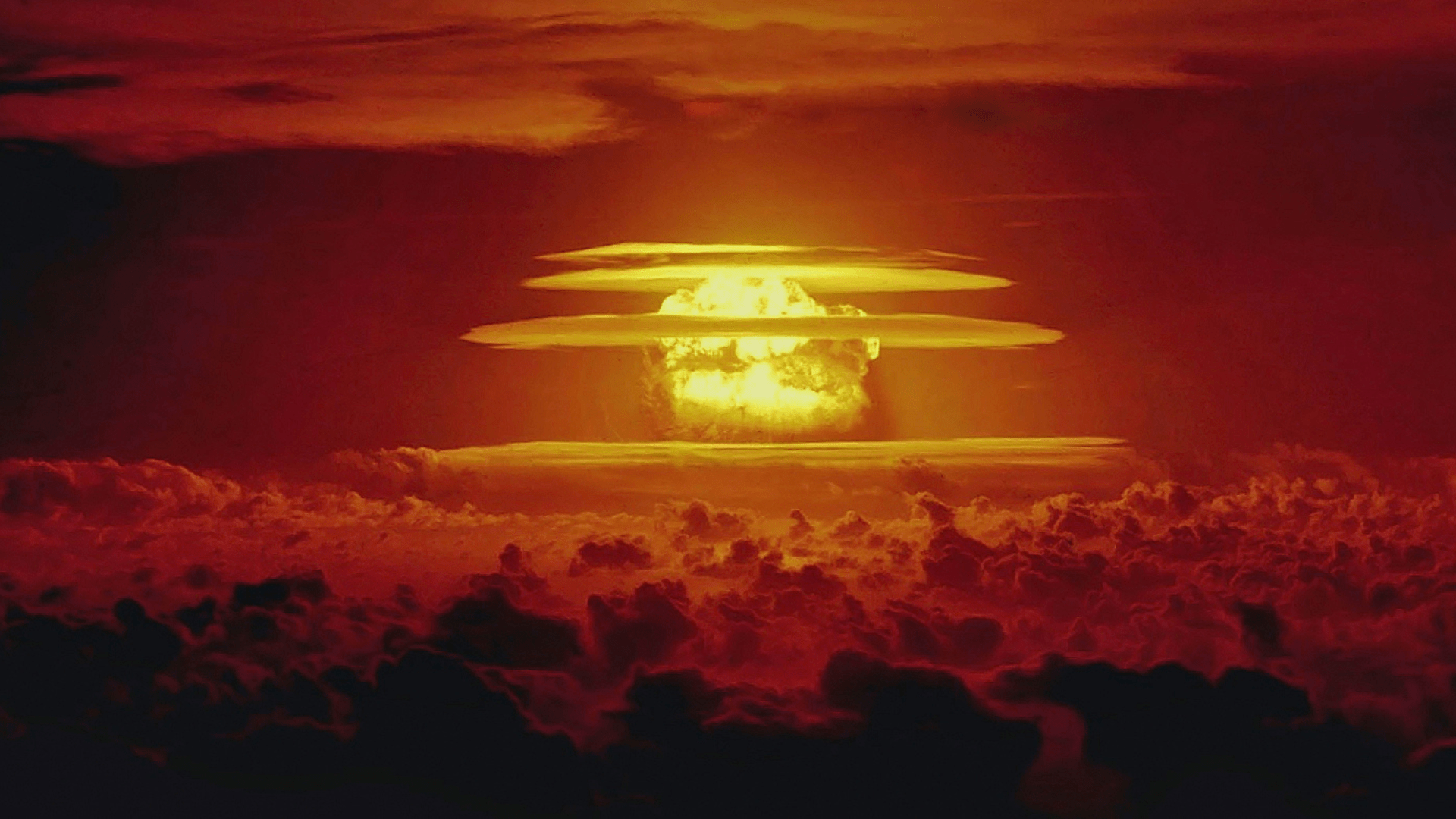
United States Department of Energy/Wikimedia Commons
These arrangements are seen as a threat to global nuclear disarmament efforts.
Nuclear Sharing Criticism
China argues that nuclear sharing diminishes nonnuclear states’ willingness to build nuclear-weapon-free zones.
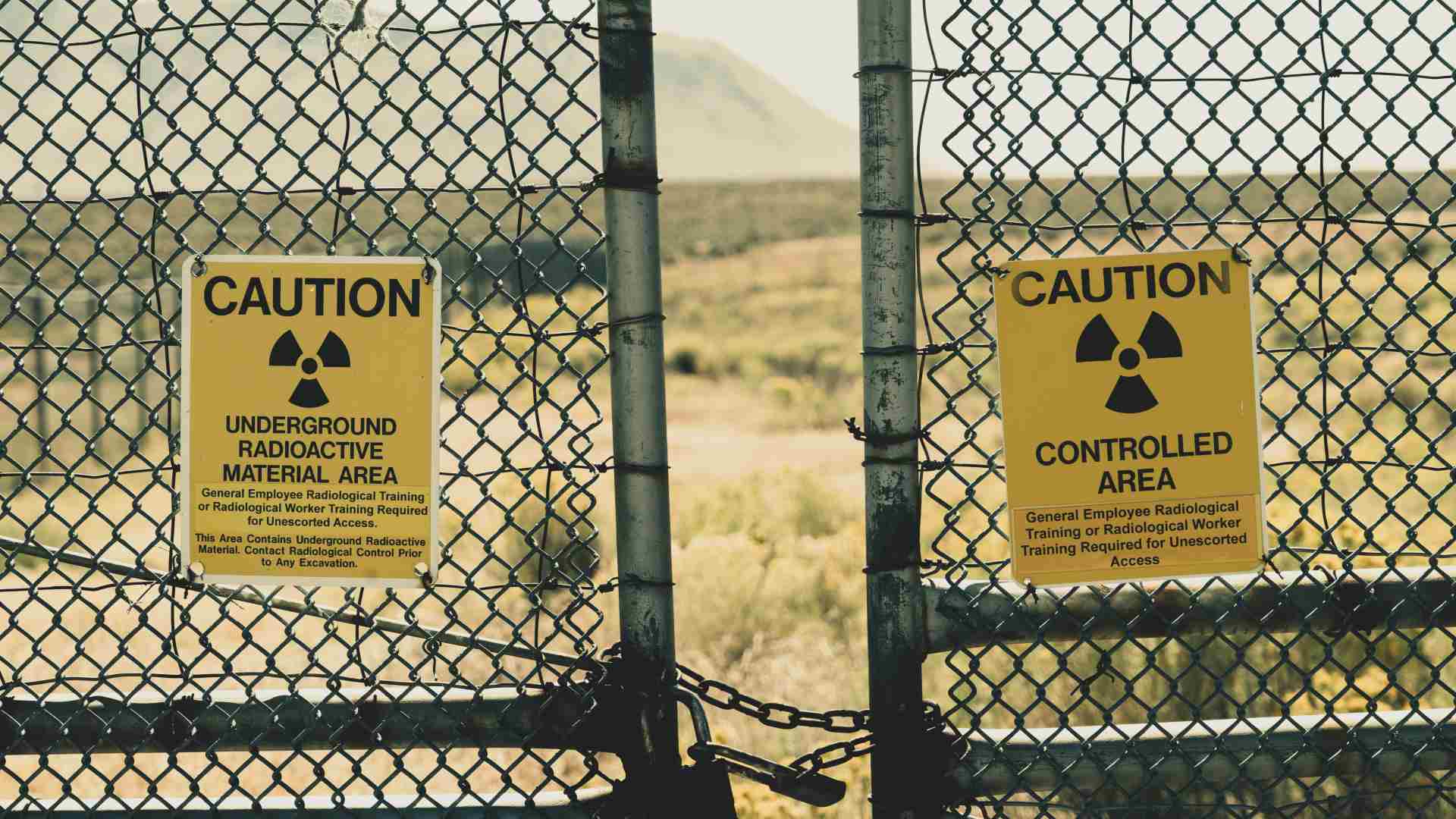
Source: Dan Meyers/Unsplash
The U.S. has about 100 tactical nuclear bombs in Europe as part of NATO’s collective defense strategy. This arrangement involves certified non-U.S. fighter jets that could carry out nuclear strikes if necessary, emphasizing nuclear deterrence.
Russia's Role
Russia’s deployment of tactical nukes in Belarus last year, a countermeasure to NATO’s support for Ukraine, adds another layer to the nuclear tension.
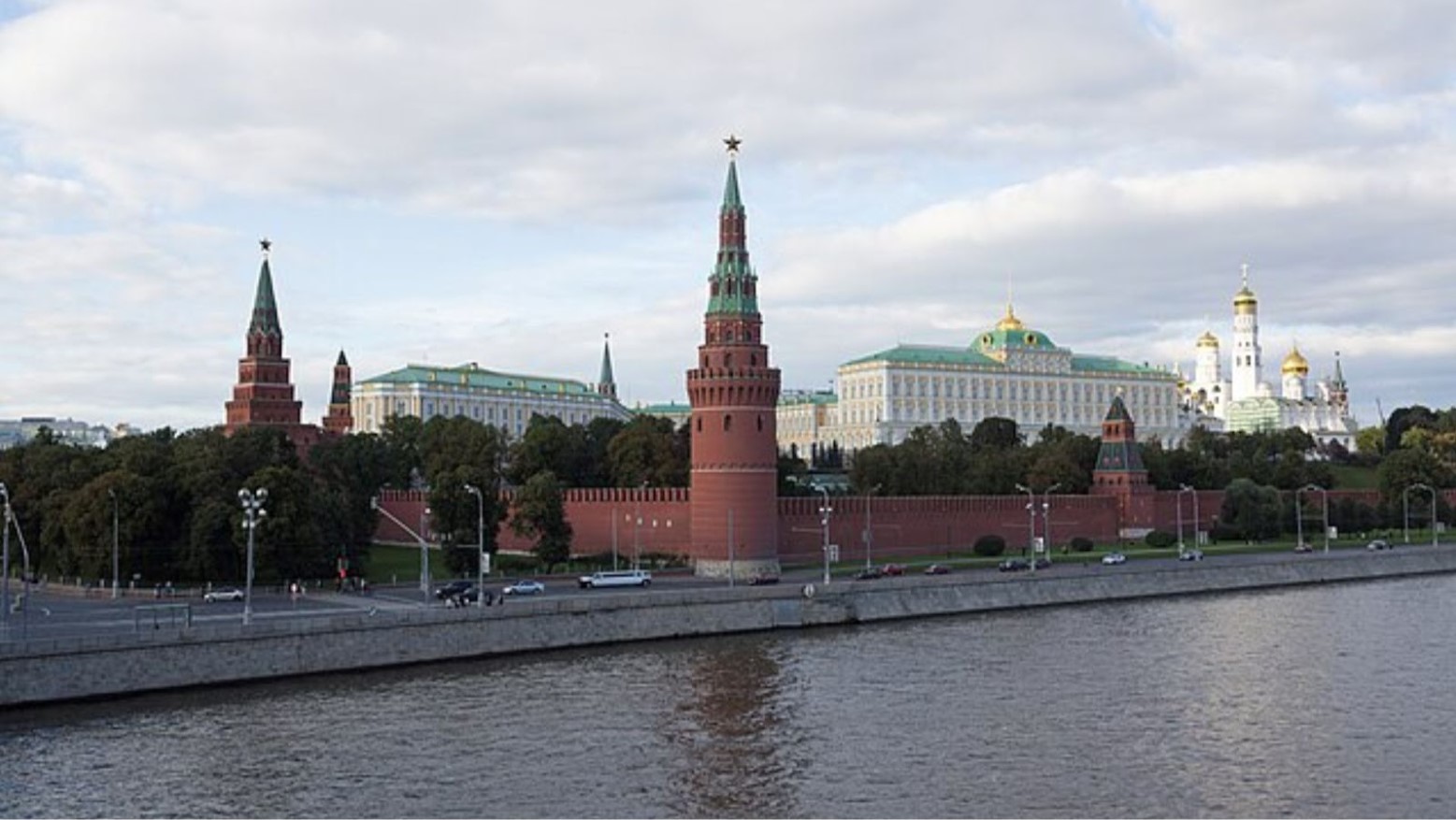
Source: Vyacheslav Argenberg/Wikimedia Commons
While China stressed the importance of avoiding nuclear war, it didn’t condemn Russia’s move either, reflecting the geopolitical complexities at play.
Calls for No-First-Use Commitment
Daryl Kimball, executive director of the Arms Control Association, criticized the P5 for expanding their nuclear arsenals.

Source: Killian Karger/Unsplash
He urged the P5 to negotiate a joint commitment not to use or threaten to use nuclear weapons and to agree that none will be the first to use them
Impact on Global Security
The escalating tensions between the U.S. and China over nuclear policies and Taiwan highlight the urgent need for renewed dialogue and genuine commitments to disarmament.

Source: Freepik
The potential for nuclear conflict shows the importance of strategic stability and transparent communication among nuclear-armed states.
China's Strategic Ambiguity
China has never disclosed the size of its nuclear arsenal, estimated at about 500 warheads by the Stockholm International Peace Research Institute.

Source: Freeimageslive
This undoubtedly strategic ambiguity complicates disarmament efforts and fuels mistrust between nuclear-armed states, particularly between the U.S. and China.
Future Prospects
As the world watches these developments, the stakes remain high.
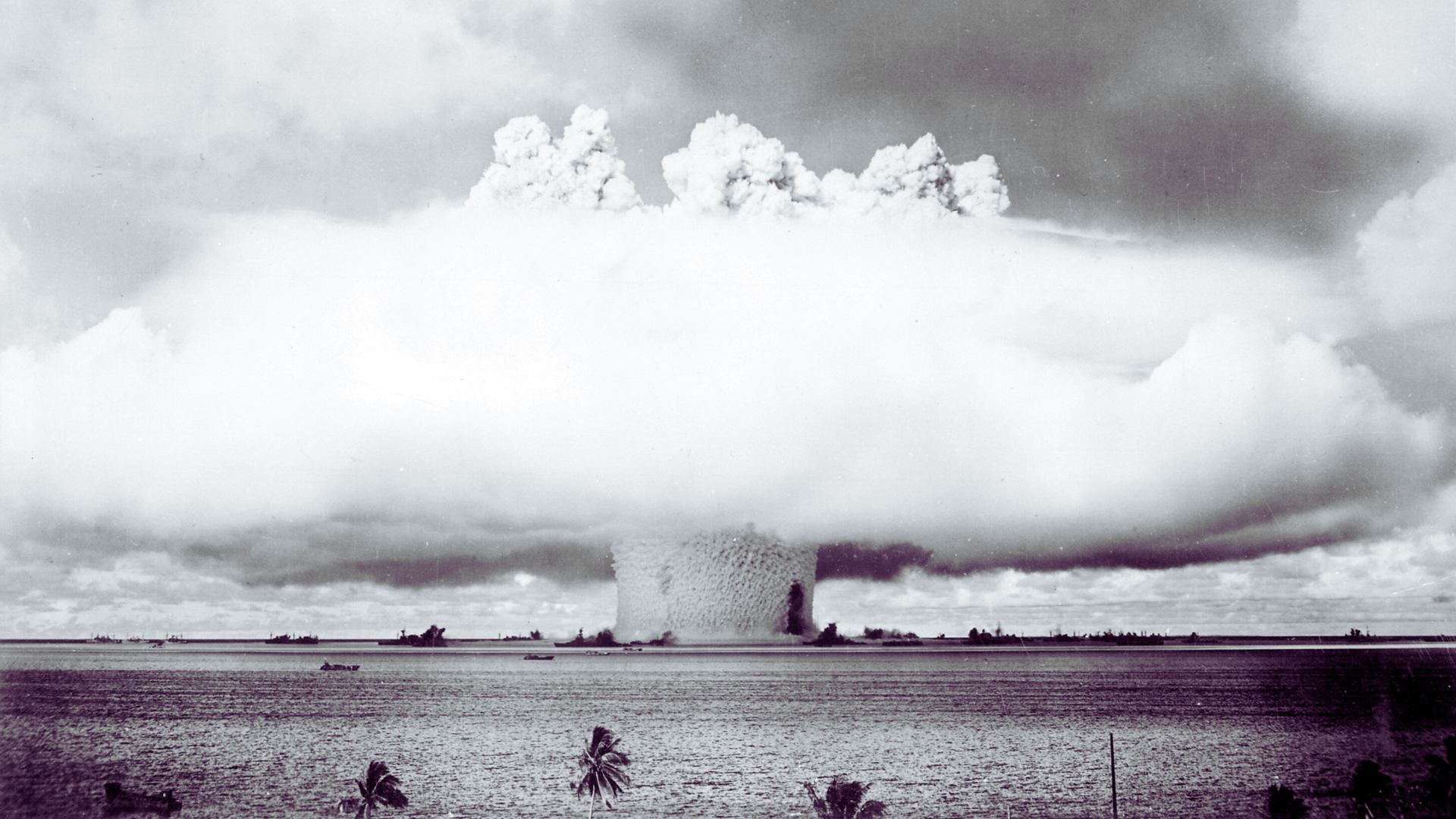
U.S. Navy/Wikimedia Commons
The potential for nuclear conflict, particularly over flashpoints like Taiwan, shows the need for renewed dialogue.
